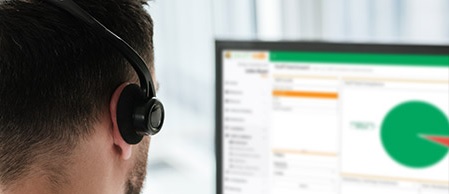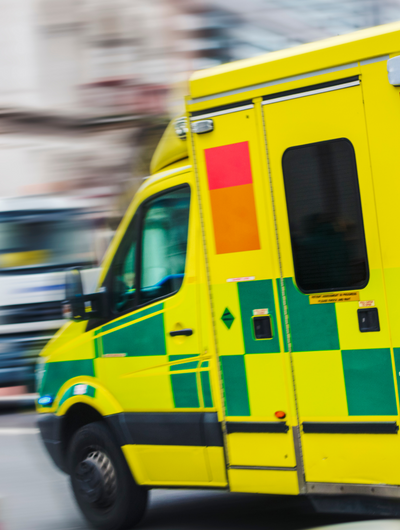Innovation
Healthcab Smart Platform and App
Competition
Competition 10 - Reducing pressure on Urgent and Emergency care
Clinical Need
365 Response identified the need to track and audit transport bookings and processes along the care pathway to ensure safe transfer and handover of the patient at the end stage destination. Delays in the transfer of care are caused by a range of challenges within the patient journey including workforce capacity and the skills mix, and flow between organisations. When a patient’s life is at risk, a delay of even a few minutes in receiving clinical treatment can significantly affect the outcome.
Over four months in 2015, NHS Providers’ ‘Right Place, Right Time’ commission captured evidence on good practice in the transfer of care. The report estimated that such problems were costing the NHS about £550,000 every day – the equivalent of treating 60,000 patients. The report outlined how some discharges are rushed and some patients are being transferred without the right support in place. This was often because patients were not involved in the decision making.


